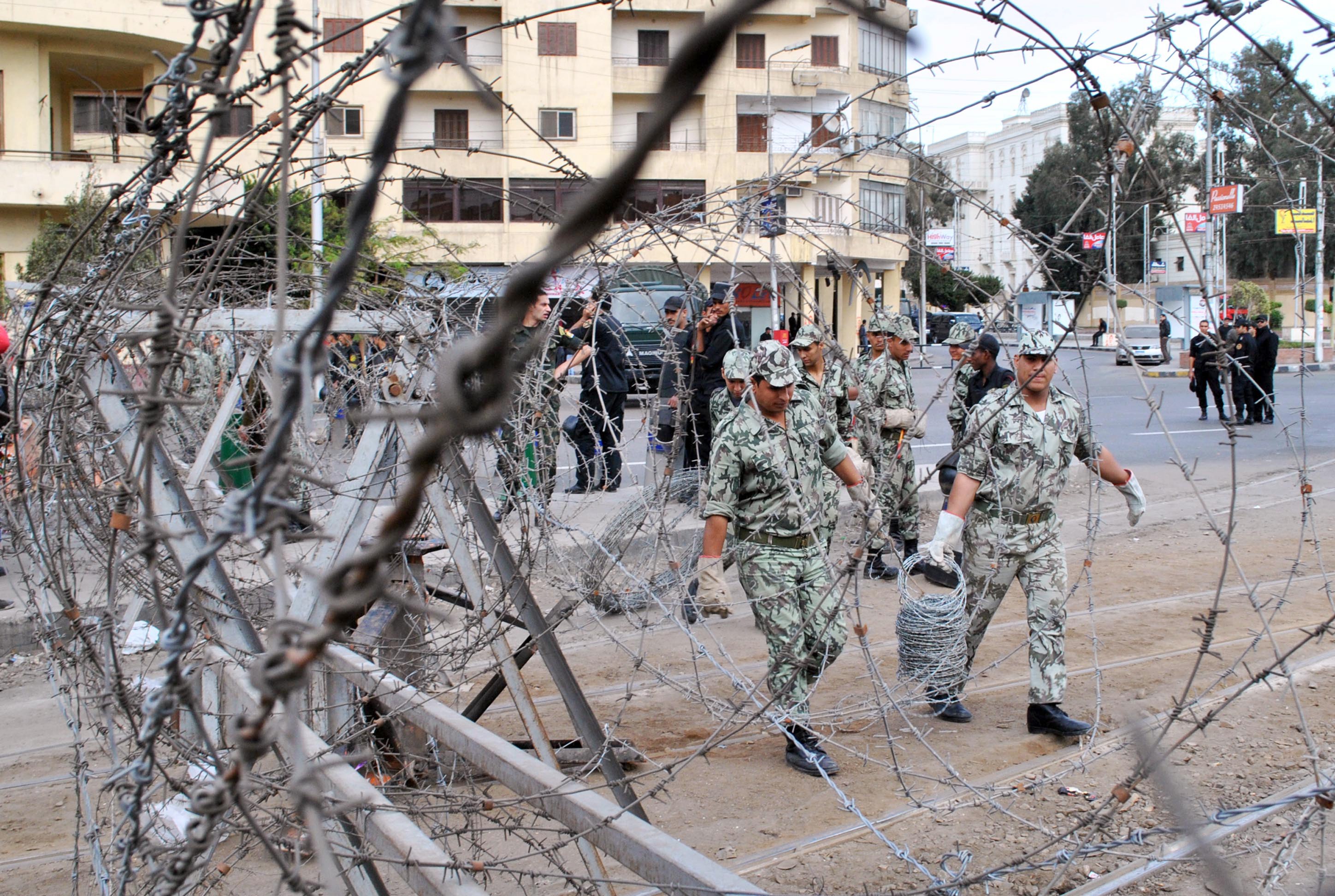CAIRO: The fact-finding committee commissioned by the People’s Assembly to investigate the case of the Agrium plant in Damietta has cleared the project of any impropriety.
The committee’s findings are yet to be presented to the assembly, but have been submitted to house speaker Fathi Sorour.
The committee’s report concluded that there was no indication of any financial or administrative impropriety from either Agrium Egypt or the various government bodies involved in the project.
The report added that the environmental aspect of the project had been addressed appropriately and that the only difficulty surrounding the project was the location of the plant, which remained the only point of contention.
Members of the committee had met with representatives of Agrium Sunday morning behind closed doors to hear the petrochemical giant’s view in the standoff between the plant and local opposition to the project.
The committee had found no evidence of illegal commissions that some newspaper reports alleged were paid by the company to facilitate the procurement of the necessary permits to begin the construction of the plant.
Despite the positive findings for Agrium, comments from the CFO of the parent company in Canada Bruce Waterman cast doubt on whether the project will go through because funding for the plant was put at risk due to the delay in construction.
Speaking at a conference in Toronto Wednesday, Waterman said that construction of the plant stopped on April 21 because of a dispute between the central government and local authorities on how best to use the land, Reuters reported.
“Because of this political dispute … there’s a lot of public concern about our plant, he added.
Agrium has declared that banks funding the Egypt project are viewing the hold up as “a condition of default and are seeking to withhold future payments for the plant, Reuters added.
Agrium has declared that it has invested more than $160 million in the project already and that the total equity commitment for the plant is almost $275 million.
Minister of Housing, Utilities and Urban Communities Ahmed El-Maghrabi sent a letter to the committee indicating that the Egyptian Chemical Holding Company (which is a partner in the plant) did not have the right to lease land it owned in Damietta to Agrium because it had reneged on payments it owed to the Housing Ministry, thus conceding its right to rent out the land.
For that reason, El-Maghrabi added, the ministry’s legal affairs department and the Damietta city council had decided to halt construction until a final decision is reached.
Despite the committee’s findings, public opinion against the plant will not abate – neither will the legal tangles, as the Public Funds Prosecutor’s office is currently investigating a complaint submitted against the plant by lawyer Essam Sultan.
Sultan claims that permits and approval were secured by various government entities in an illegal manner.
He accused certain government entities of facilitating the paper work without going through the proper procedures. He also accused the company building the plant of being complicit in this.
Civil society in Damietta remains opposed to the construction of the fertilizer plant on the outskirts of the popular tourist destination Ras El-Bar.
Residents are angry about the plant being built so close to their homes, and a local movement has been organized to lobby for its relocation.
Aside from the environmental concerns, there is also a concern over the impact on tourism in the area, which is a vital source of revenue.
